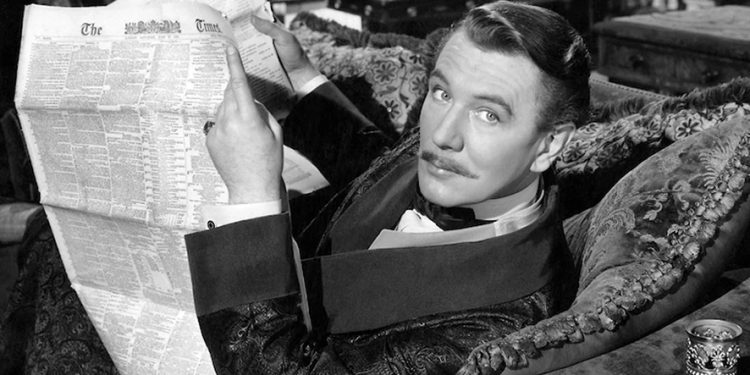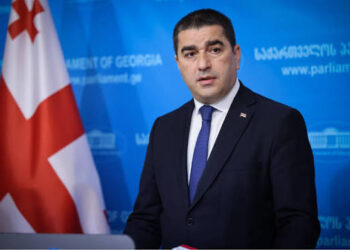Notwithstanding the borrowed title, this is not just about Oscar Wilde’s charming estheticism, but about the two-centuries-old Victorian-age comedic farce that once made us ruminate over numerous issues of human mendacity, which has a happy end in the famous play, but which may have disastrous consequences in real life. The mocking (by Wilde’s genius) the culture and manners of those old times might be quizzically extrapolated on our behavioral paradigm of the 21st century. Why not have fun of that quality and magnitude if the fun is available and affordable? So, let’s embark on it without any further delay.
The ambiguity of the word ‘Earnest’ in Oscar Wilde’s masterpiece asks for direct reflection in our contemporary era, and in this particular society of ours in Sakartvelo, especially the political realm, we inadvertently find ourselves in, where the value of being earnest has lost meaning. Instead, the streets, debate arenas, media premises and even war theaters, are full of Earnest-like figures who want and have the ability to present us their fabrications as genuine nuggets of truth, using the mastered-by-them tools of mendacity to feed their falsehood to the public in as palatable a fashion as possible. And this is sadly easy to achieve in the milieu of deception and hypocrisy we are currently living in, one which sees us toiling away for the piece of bread we deserve to earn.
The active political animals of our time, be they good or bad, always seem artificial, because they usually put on a deliberate performance and, when on stage (a platform with a rostrum, or a TV screen), pretend to be earnest. They can’t help being an ‘Earnest,’ but they find it almost impossible to be earnest. And why is that? Are they put into motion by a specific psychological drive that gives them the ideological configuration they have? Or could this be a trivial struggle for survival? After all, it is not only us, the sociopolitical wards, who are poised and ready to survive, but our overly conceited political guardians too.
Why am I talking so much about the people who have turned all their human and enlightening resources into potential bread-and-butter on top of their unbridled ambition to be well-known and influential? The only reason for me to grant them the infamous appellation of ‘Earnest’, especially those who are not yet in the driver’s seat and are uncannily eager to somehow crawl to those comfy chairs in the ruling part of our society, is the fact that they have totally taken over every scene of our life and want to establish the notion that politics determines the standard of living, and not vice-versa. No, my friends, politics will never be our feeder. It certainly has some clout on our wits and stomachs, but without properly handling our economic gear, we will never see light at the end of the tunnel, and we will never be capable of providing for that much indispensable demographic progress. We need some bread-and-butter to maintain enough strength to procreate new generations, feed them, nurse them and educate them. How could the endless political gibberish provide for that?
Folks, we need to work, and only after seeing the fruits of our labor can we start talking and practicing politics, arts and esthetics. Oscar Wilde’s laughing at Earnest is not an idle thing. Being an Earnest is not earnest when we need to be earnest in both essence and action. And if we don’t do this, in a twinkle of an eye, time will pass as the centuries have, as we search for a better life. The importance of being earnest will never fade away, which in first place means to be sincere when we look into that mirror and see a face looking back at us that hesitates to reveal the needed truth because we have already gotten so used to lying, even to ourselves. The importance of being earnest is what we have to start believing in, and the importance of being an Ernest is what should remind us that letting the tissue of a lie penetrate our soul could be lethal.
Op-Ed by Nugzar B. Ruhadze














